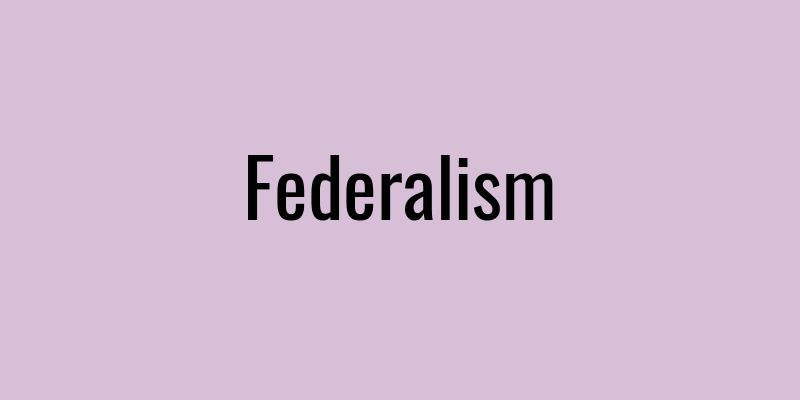
The Pros and Cons of Federalism: Exploring Its Benefits and Drawbacks
Understanding the Advantages and Disadvantages of Federalism
Federalism is a system of government in which power is divided between a central authority and constituent political units. This division of power has both advantages and disadvantages, which have been the subject of much debate. Understanding the implications of federalism is crucial for policymakers and citizens alike.
In federal systems, constituent units typically have a degree of autonomy and authority over certain policy areas. This can lead to a range of benefits and challenges. Let's explore the advantages and disadvantages of federalism in more detail.
Pros
Federalism offers several advantages that are worth considering. It has the potential to bring about positive outcomes in various aspects of governance. Here are some compelling benefits of federalism:
Missing a pro?
Cons
While federalism offers certain benefits, it also poses several challenges and drawbacks that warrant careful consideration. Understanding the limitations of federalism is essential for evaluating its overall impact. Here are some important disadvantages of federalism:
Missing a con?
Conclusion
In conclusion, federalism presents a complex interplay of advantages and disadvantages, shaping its impact on governance, democracy, and societal dynamics. The benefits of enhanced representation, innovation, and political stability must be weighed against the challenges of administrative complexity, potential disparities, and the risk of internal tensions. Ultimately, the design and functioning of federal systems demand continual evaluation and adaptation to ensure effective governance and the fulfillment of diverse societal interests.
What do you think?
Do you think the pros outweigh the cons?





